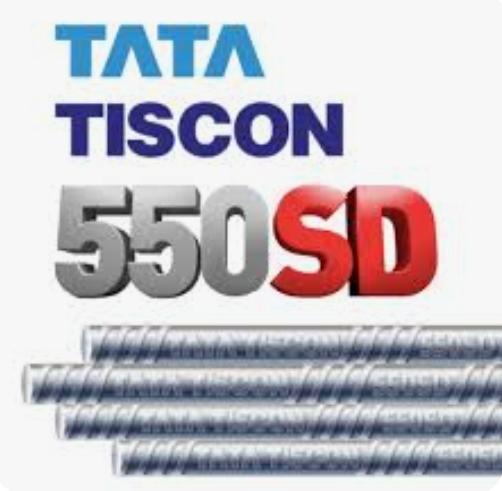THE FUNCTIONS OF MONEY IN MODERN ECONOMIES
Introduction
Money serves as the lifeblood of modern economies, facilitating transactions and enabling economic growth. It plays a crucial role in shaping economic activities and influencing financial decisions. This article delves into the key functions of money in modern economies, highlighting its significance in various aspects of daily life.
1. Medium of Exchange
The primary function of money is as a medium of exchange. In simple terms, money acts as a widely accepted instrument for trading goods and services. In a barter system, where goods were exchanged directly for other goods, inefficiencies and the double coincidence of wants were common hindrances. Money eradicates these challenges, streamlining transactions and promoting smooth economic interactions. Its wide acceptance and legal tender status make it a convenient medium for people to exchange their labor and products, fostering economic growth.
2. Unit of Account
Money serves as a standard unit of account, providing a common measure of value for various goods and services. By assigning prices to different items, money simplifies the comparison of products and facilitates effective decision-making for consumers and producers. Without a common unit of account, the assessment of choices in the market would be cumbersome and hinder rational economic behavior.
3. Store of Value
Another vital role of money in modern economies is acting as a store of value. Inflation and fluctuating market conditions can erode the purchasing power of money over time. However, despite these challenges, money still retains value and allows individuals to store wealth for future use. It provides a reliable and liquid asset that can be readily accessed when needed, offering a sense of financial security and stability.
4. Standard of Deferred Payment
Money also functions as a standard of deferred payment, facilitating credit and debt transactions. In various financial agreements, money serves as the agreed-upon medium of exchange for future obligations. Loans, mortgages, and bonds are common examples where money’s role as a standard of deferred payment allows individuals and businesses to borrow, invest, and plan for the future with confidence.
5. Means of Distribution and Allocation
In modern economies, money plays a pivotal role in distributing resources and allocating goods and services efficiently. The price mechanism, influenced by the supply and demand dynamics, guides producers and consumers in making optimal choices. As money flows through the economy, it signals demand for certain products, incentivizing businesses to produce more of those items. Consequently, it ensures resources are allocated to the most sought-after products and services.
6. Facilitates Specialization and Division of Labor
The existence of money in modern economies promotes specialization and the division of labor. With money as a medium of exchange, individuals can focus on specific skills and professions, trading their expertise for money. This specialization leads to increased productivity and efficiency, ultimately contributing to overall economic growth.
Conclusion
In conclusion, money performs a multifaceted role in modern economies, transcending mere exchange of goods and services. Its functions as a medium of exchange, unit of account, store of value, standard of deferred payment, means of distribution and allocation, and facilitator of specialization make it an indispensable aspect of contemporary economic systems. Understanding the diverse functions of money is essential for policymakers, businesses, and individuals alike, as it helps in making informed financial decisions and contributing to the stability and prosperity of economies.


